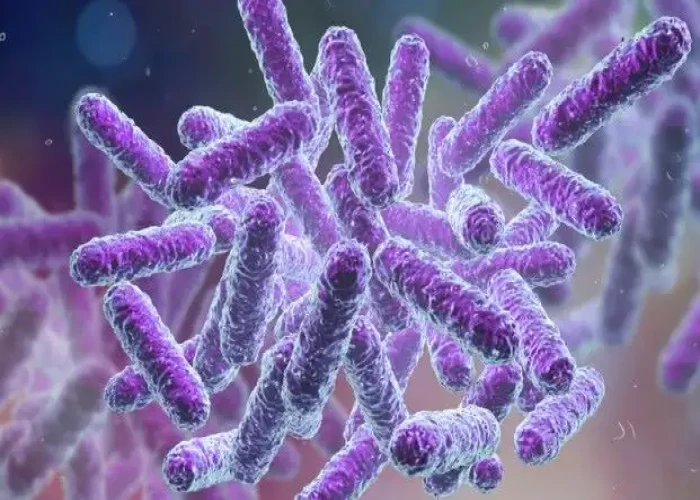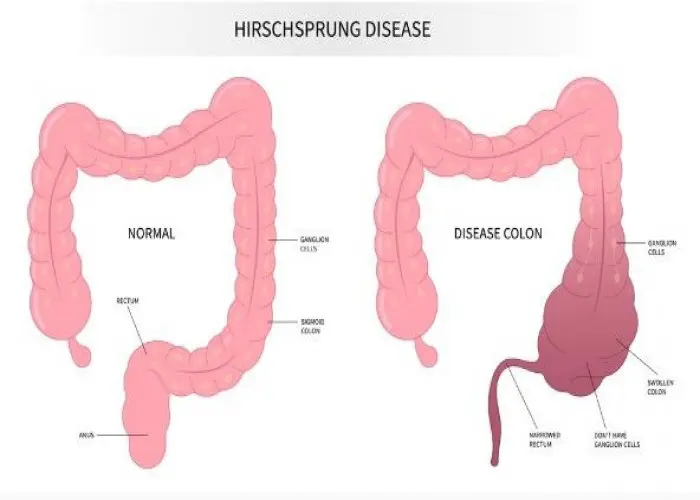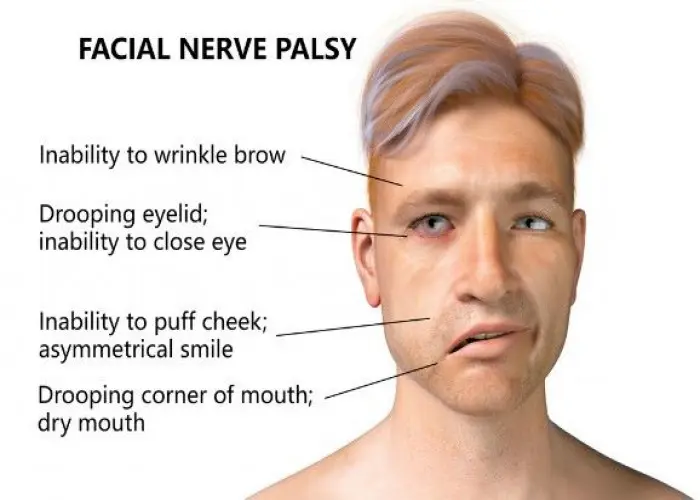 Welcome
Welcome
“May all be happy, may all be healed, may all be at peace and may no one ever suffer."
Complicated grief

Complicated grief is a prolonged and intense form of grief that can occur after the loss of a loved one. It is characterized by persistent and intrusive thoughts about the deceased person, intense emotional pain, a sense of disbelief or inability to accept the loss, and difficulty in carrying out normal activities of daily living. Complicated grief may also be accompanied by feelings of guilt, anger, bitterness, and a sense of detachment from other people. The exact causes of complicated grief are not fully understood, but factors that may contribute include the nature of the loss, past traumatic experiences, personality traits, and the lack of social support. Treatment for complicated grief may involve therapy, medication, or a combination of both. Different types of therapy may be used, such as cognitive-behavioral therapy, psychodynamic therapy, or interpersonal therapy. The goal of treatment is to help the individual gradually come to terms with the loss and develop healthy coping mechanisms.
Research Papers
Disease Signs and Symptoms
- Numbness
- Intense sorrow, pain and rumination over the loss of a loved one
- Extreme focus on reminders of the loved one or excessive avoidance of reminders
- Intense and persistent longing or pining for the deceased
- Feeling that life holds no meaning or purpose
- Lack of trust in others
- Have trouble carrying out normal routines
- Isolate from others and withdraw from social activities
Disease Causes
Complicated grief
It's not known what causes complicated grief. As with many mental health disorders, it may involve your environment, your personality, inherited traits and your body's natural chemical makeup.
Disease Prevents
Complicated grief
It's not clear how to prevent complicated grief. Getting counseling soon after a loss may help, especially for people at increased risk of developing complicated grief. In addition, caregivers providing end-of-life care for a loved one may benefit from counseling and support to help prepare for death and its emotional aftermath.
- Talking. Talking about your grief and allowing yourself to cry also can help prevent you from getting stuck in your sadness. As painful as it is, trust that in most cases, your pain will start to lift if you allow yourself to feel it.
- Support. Family members, friends, social support groups and your faith community are all good options to help you work through your grief. You may be able to find a support group focused on a particular type of loss, such as the death of a spouse or a child. Ask your doctor to recommend local resources.
- Bereavement counseling. Through early counseling after a loss, you can explore emotions surrounding your loss and learn healthy coping skills. This may help prevent negative thoughts and beliefs from gaining such a strong hold that they're difficult to overcome.
Disease Treatments
Your doctor or mental health professional considers your particular symptoms and circumstances in determining what treatment is likely to work best for you.
Psychotherapy
Complicated grief is often treated with a type of psychotherapy called complicated grief therapy. It's similar to psychotherapy techniques used for depression and PTSD, but it's specifically for complicated grief. This treatment can be effective when done individually or in a group format.
During therapy, you may:
- Learn about complicated grief and how it's treated
- Explore such topics as grief reactions, complicated grief symptoms, adjusting to your loss and redefining your life goals
- Hold imagined conversations with your loved one and retell the circumstances of the death to help you become less distressed by images and thoughts of your loved one
- Explore and process thoughts and emotions
- Improve coping skills
- Reduce feelings of blame and guilt
Other types of psychotherapy can help you address other mental health conditions, such as depression or PTSD, which can occur along with complicated grief.
Medications
There's little solid research on the use of psychiatric medications to treat complicated grief. However, antidepressants may be helpful in people who have clinical depression as well as complicated grief.
Disease Diagnoses
Disease Allopathic Generics
Disease Ayurvedic Generics
Disease Homeopathic Generics
Disease yoga
Complicated grief and Learn More about Diseases

Moles

Shigella infection

Staph infections

Hirschsprung's disease

Erysipelas

Molar pregnancy

Facial palsy

TEN
Complicated grief, কমপ্লিকেটেড গ্রিফ
To be happy, beautiful, healthy, wealthy, hale and long-lived stay with DM3S.
